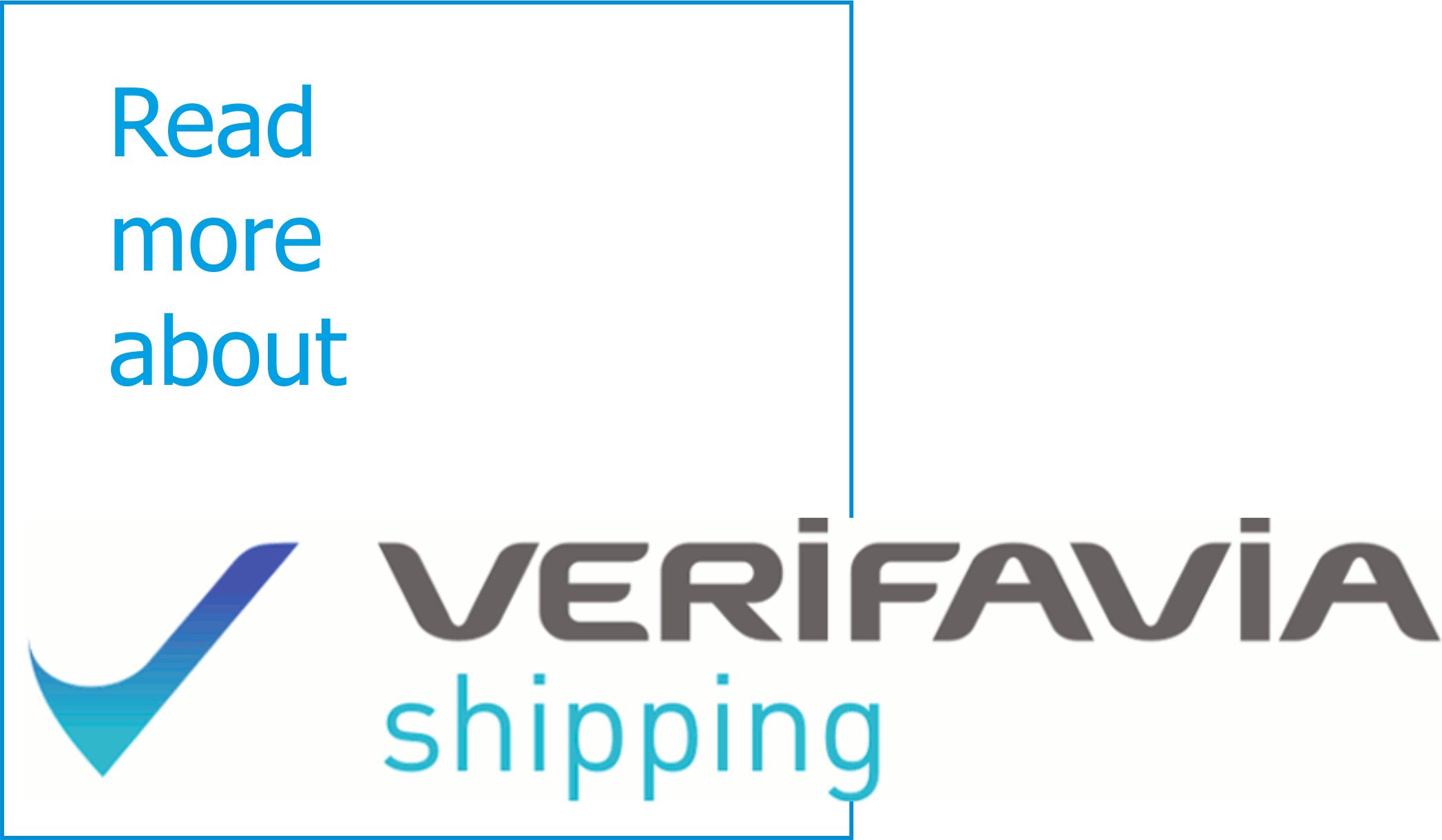INSB Class & Verifavia work together under #IMODCS
Following the strategic agreement signed back in year 2017 for EU MRV services, INSB Class announces that on 14 September 2018 has signed a new cooperation agreement with Verifavia -the world’s leading emissions verification company for the transport sector (aviation and shipping) - pertaining to delivery of accredited IMO DCS Verification services.
As part of the new strategic cooperation, Verifavia will support INSB Class IMO DCS Verification services by leveraging on Verifavia’s strong knowledge to deliver streamlined and efficient pre-assessment services as inputs into the INSB Class verification process and the subsequent issuance by INSB Class of:
- SEEMP Confirmation of Compliance with MARPOL, Annex VI, Regulation 22A;
- Annual fuel oil consumption Statement of Compliance with MARPOL, Annex VI, Regulation 22A;
- Mandatory annual IMO DCS reporting under MARPOL, Annex VI, Regulation 22A.
The combined dynamics and knowledge of both INSB Class and Verifavia instil ship owners and operators with the confidence that the right systems, capabilities, and understanding are in place to efficiently achieve compliance with the currently enforced environmental regulations of the industry.

Right to Left: MD of INSB Class, Mr. Pantelis Chinakis & CEO of Verifavia Shipping, Mr Julien Dufour @ the signature ceremony of the agreement.
About the IMO Data Collection System # IMODCS
IMO has outlined a roadmap through 2023 which is focused on developing a comprehensive strategy for the reduction of GHG emissions from shipping and adopted a mandatory Fuel Oil Data Collection System (DCS) for international shipping, requiring ships of 5,000 gross tonnage or above to start collecting and reporting data to an IMO database from 2019.
It was adopted by the IMO’s Marine Environment Protection Committee (MEPC70) on 28th October 2016 as amendments to Chapter 4 of Annex VI of MARPOL, adding a new Regulation 22A on Collection and reporting of ship fuel oil consumption data and new appendices covering Information to be submitted to the IMO Ship Fuel Oil Consumption Database. These amendments came into force on 1 March 2018.
Under the IMO DCS, ships of 5000 GT and above have to submit annual reports on fuel consumption, distance travelled and hours underway to their pertinent Flag Administration, according to the Methodology set out in the Part II of the Ship Energy Efficiency Monitoring Plan (SEEMP).
The 2012 Guidelines for the Development of a SEEMP have been revised accordingly and new 2016 Guidelines were adopted at MEPC (Resolution MEPC.282(70)).
Aggregated data will be reported to a ship’s flag State after the end of each calendar year, which will need to verify that the data has been reported in accordance with the requirements before issuing a Statement of Compliance to the ship.
Administrations will submit aggregated data to IMO for anonymized publication.

